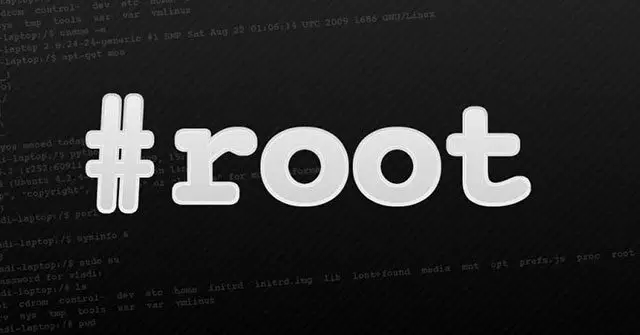
In a significant development for the cybersecurity community, researchers have published technical details and a proof-of-concept (PoC) exploit for a newly identified vulnerability in the Linux kernel, designated as CVE-2024-26808. This critical flaw affects Linux kernel versions from v5.9 to v6.6 and has been addressed in a recent commit to the kernel’s codebase.
CVE-2024-26808 is a use-after-free vulnerability within the Linux Kernel Netfilter, a powerful framework integral to the Linux networking stack. Netfilter provides essential networking operations such as packet filtering, network address translation (NAT), and port forwarding. The flaw arises from improper handling of network packet processing, leading to the potential for unauthorized memory access.
Local attackers can exploit the vulnerability to escalate privileges, potentially gaining root access to the affected system. The researchers demonstrated how this flaw could be leveraged to achieve local privilege escalation, highlighting the risk it poses to systems running vulnerable kernel versions.
The exploitability of CVE-2024-26808 has been confirmed by security researchers, who have meticulously outlined a step-by-step process leading to privilege escalation. This sophisticated exploit leverages cross-cache overwrites, where data in one memory area is used to corrupt another and precise control over pipe buffers to manipulate kernel structures.
In addition, the attacker can abuse the ability to arbitrarily free memory chunks to further their goals. By strategically freeing and reallocating memory, they can manipulate critical objects within the kernel, paving the way for unauthorized code execution and the eventual acquisition of root privileges.
Given the widespread use of the Linux kernel in enterprise environments, data centers, and cloud platforms, this vulnerability poses a serious risk to affected systems. Privilege escalation vulnerabilities like CVE-2024-26808 can be particularly dangerous, as they allow attackers to escalate from limited user privileges to root access, giving them the ability to modify system settings, access sensitive data, and install malicious software.
At the time of the researcher’s disclosure, the proof-of-concept (PoC) exploit code for CVE-2024-26808 was published on GitHub, raising the likelihood of exploitation in the wild. Organizations are strongly urged to update to the latest Linux kernel versions that include the fix for this vulnerability.
The Linux kernel development team has released a patch that addresses CVE-2024-26808. Users and system administrators are strongly urged to update their systems to the latest kernel version to mitigate the risk posed by this vulnerability.
Related Posts:
- HashiCorp Vault Flaw (CVE-2024-759): Unrestricted SSH Access Threatens System Security
- Critical CUPS Vulnerabilities Expose Linux and Other Systems to Remote Attacks
- CVE-2024-0132 (CVSS 9.0): Critical Vulnerabilities Found in NVIDIA Container Toolkit